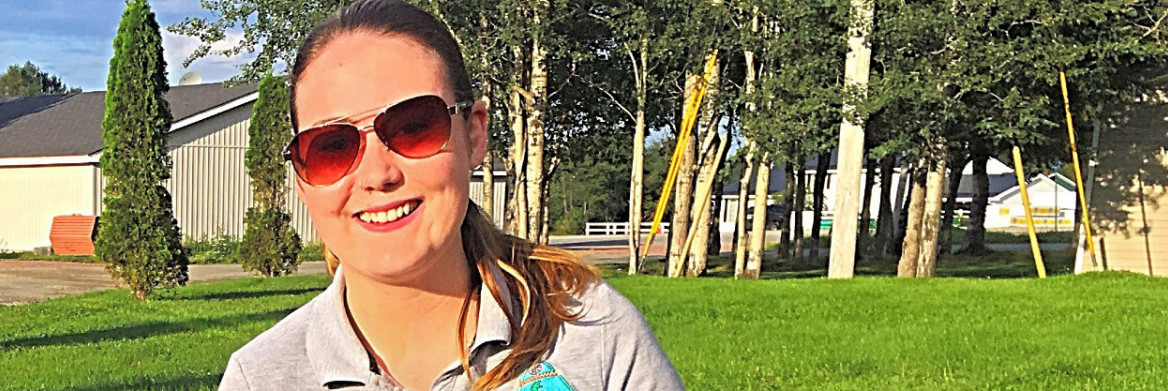Many young Indigenous people in Newfoundland and Labrador have spent their summers working for the RCMP, gaining insight into law enforcement and helping to create positive links between their communities and police.
The Indigenous Summer Student Program has operated in the province for almost 20 years. This summer, 10 students from the Qalipu and the Miawpukek First Nations worked all over the island portion of the province as RCMP summer students, following their training in St. John's, N.L.
RCMP Cst. Brad Squires has managed the nine-week program for the past two years.
"Students learn so much about policing and community engagement,
" says Squires. "With this program, band members see their young people working with the police, which helps show the RCMP's commitment to diversity.
"
To participate, students must be between the ages of 19 to 29, be enrolled in a post-secondary program and have no criminal record. They also attend a three-day course where they learn about community policing, participate in physical fitness drills and even train in media awareness.
The student experience
Participants Josh Lannon and Rebecca Oxford helped deliver information sessions to the local communities on issues like bike safety, drug and alcohol awareness, internet safety and how cottage owners can protect their property. As well, the students represented the RCMP at local events, like powwows and sporting activities, wearing a uniform that included a polo shirt with the RCMP symbol and the crest of their band.
They were also given some work at the detachment, such as administrative duties.
"We try to give our students exposure to a blend of the different types of experiences policing has to offer, but it really depends on the needs of the detachment and the communities,
" says Squires.
Oxford — a member of the Miawpukek First Nation, which is located on Newfoundland's south coast — worked mainly at the RCMP's office in Conne River, N.L.
The 20-year-old nursing student says she wanted to be that "middle person" between her community and the police.
"The RCMP is not just about all the bad stuff you see on TV,
" she says. "If people around Conne River can see someone they know working with the police, I think that can help build trust.
"
She says creating community confidence in the police is key.
"I mean, they're the ones you're supposed to turn to when you have a problem,
" says Oxford. "I want to make sure people know the RCMP is there to help.
"
Oxford's not sure if she will join a police force after she graduates in 2021.
Lannon, on the other hand, wants to become a police officer.
The member of the Qalipu First Nation worked at the RCMP detachment in Deer Lake, N.L. — on the province's west coast. He returned to the program in 2018 for a second year.
"I just wanted to learn more about everything that goes on in the detachment,
" says Lannon, who is studying psychology. "There's a lot more to policing than driving around on patrol. By working with the members, we get a better understanding into how things run.
"
After he graduates in 2020, Lannon plans to apply to the RCMP and the Royal Newfoundland Constabulary.
"I'll go with whoever will take me first,
" says Lannon jokingly. "I just really wanted to be involved in policing.
"
The benefits
Squires says there are often stories of people being afraid, or nervous, around police.
"Programs like this can break down barriers for everyone. And to create relationships with First Nations you need to build them over time by making connections. You can't just snap your fingers to make them happen,
" he says.
Although a big part of the program is to help the students decide if they want to pursue a career in policing — and some do, Squires says — he notes the initiative pays off in other ways, too.
"I've seen the young people through the entire process. I can see the way they've changed and have a sense of pride in what they're about to do,
" he says. "Even if they don't choose policing, I know they'll go out in the community and represent the RCMP well.
"
